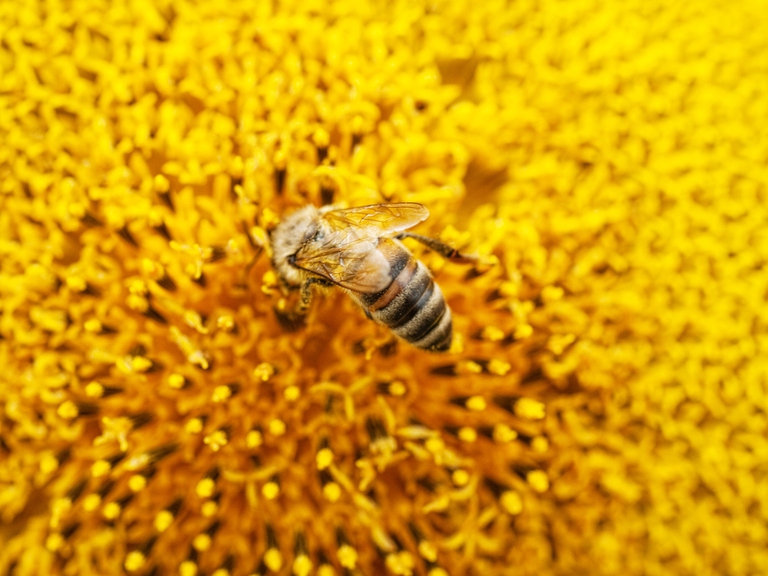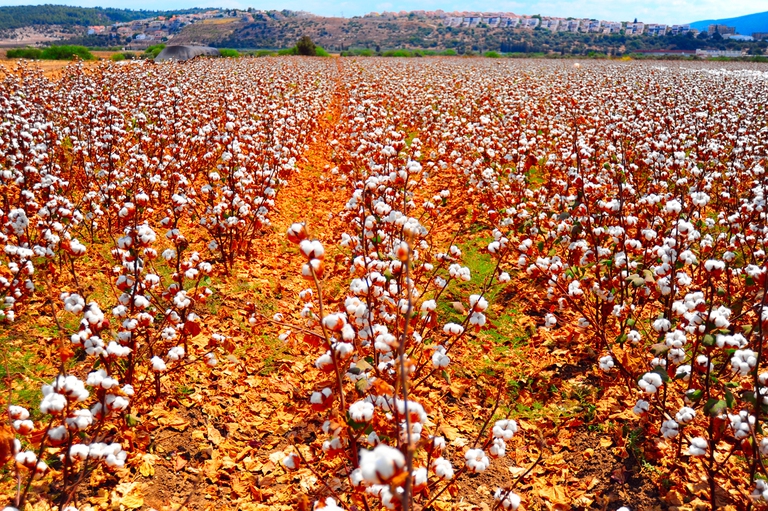
Mountain areas are home to around 1 billion people and provide goods and services. This is why the protection of healthy mountain ecosystems has become a must. The op-ed by FAO’s Mountain Partnership Secretariat.
La moria delle api è anche un problema finanziario che potrebbe colpire a cascata i profitti di innumerevoli industrie e, quindi, i loro investitori.
Pollinators’ decline in Europe and Northern America is posing a threat to agriculture and the food industry in general. Just a few, however, know that this phenomenon could lead to severe consequences for investors, too. This is what an analysis conducted by the United Nations-supported Principles of Responsible Investment (PRI) has shown. The report comes just a few days after France’s decision of banning – as of 2018 – neonicotinoids, a kind of pesticides that have harmful effects on pollinators.
The United States Department of Agriculture (USDA) estimates that bees’ amazing work contributes to producing food products that account for 20 billion dollars in annual US agricultural production. Globally, figures increase to 217 billion dollars a year. About 75 per cent of the world’s crops, in fact, depend at least in part on pollination. By result, pollinators’ decline would have a knock-on effect across the entire supply chain, from fields to supermarkets. Those who invest in the food and beverage industry shouldn’t overlook the importance of this. For example, California is forced to transport honey bees across the country to pollinate its almond crops, for an estimated cost of 150 dollars a hive, for a total of 1.5 million bee hives.
Agriculture is not the only sector involved though. Bees pollinate also crops used for animal feed, thus affecting livestock farming, and cotton cultivations providing the textile industry. Not to mention agrochemical giants. Syngenta declared that a ban on neonicotinoids would lead to a drop in sales of 75 million dollars, about 6.5 per cent of the total on a global scale.
Investors do have the right to know if companies they’re investing their money in are more or less vulnerable to the economic consequences of pollinators’ decline. However, this is not taking place. Over the past few months, measures to save pollinators have been put in place, but companies still seem reluctant to consider decline as a monetary risk.
Some shareholders are starting raising their voice. For example, PepsiCo shareholders are petitioning the company to assess the financial risks due to the decline of pollinators across its supply chains and, on the other hand, to report on its strategy to reduce high-risk pesticides. According to the UN PRI, if other responsible investors follow suit, companies and policy makers will be encouraged to do better.
Siamo anche su WhatsApp. Segui il canale ufficiale LifeGate per restare aggiornata, aggiornato sulle ultime notizie e sulle nostre attività.
![]()
Quest'opera è distribuita con Licenza Creative Commons Attribuzione - Non commerciale - Non opere derivate 4.0 Internazionale.
Mountain areas are home to around 1 billion people and provide goods and services. This is why the protection of healthy mountain ecosystems has become a must. The op-ed by FAO’s Mountain Partnership Secretariat.
After Pantelleria, Italy in 2014, the Republic of Malta in 2015, and Gran Canaria, Spain in 2016, this year the Italian island of Favignana, off the coast of Sicily, will host the fourth edition of the Greening the Islands International Conference on the 3rd and 4th of November. The event marks an important opportunity to tackle the topic of
In a region grappling with excessive pollution and greenhouse gas emissions, climate change-induced droughts and floods, exacerbated by high coal-fuelled energy consumption, countries in Asia are exploring innovative clean and green financing products such as green bonds to move towards a sustainable, low carbon economy. As much as 7 trillion US dollars will need to be spent building new
South African court dismisses a major lawsuit by 140,000 Zambian women and children against Anglo American for Kabwe lead poisoning. A setback for affected communities enduring the lasting impact of lead contamination.
Controversial African land deals by Blue Carbon face skepticism regarding their environmental impact and doubts about the company’s track record, raising concerns about potential divergence from authentic environmental initiatives.
Majuli, the world’s largest river island in Assam State of India is quickly disappearing into the Brahmaputra river due to soil erosion.
Food imported into the EU aren’t subject to the same production standards as European food. The introduction of mirror clauses would ensure reciprocity while also encouraging the agroecological transition.
Sikkim is a hilly State in north-east India. Surrounded by villages that attracts outsiders thanks to its soothing calmness and natural beauty.
Sweden’s Ministry for financial markets and consumer affairs has proposed to introduce tax breaks to citizens who repair broken objects and appliances instead of buying new ones. The proposal represents an incentive to reduce the use of resources while cutting CO2 emissions. Sweden will slash taxes The Value-added Tax (VAT) rate will be reduced from









